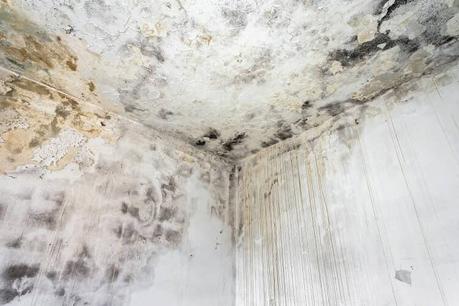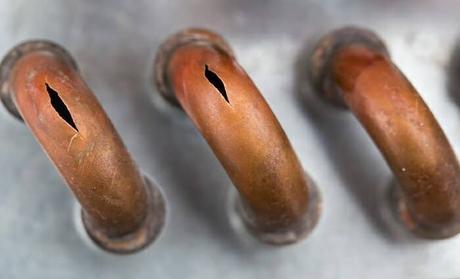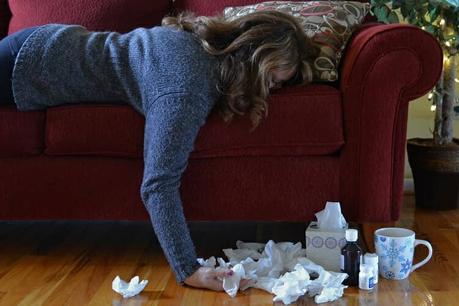Could not using your heating be damaging your home?
Energy prices continue to soar, and many Brits are struggling to pay energy bills and, in some cases, avoiding using their central heating radiators altogether.
While this cuts the cost of rising energy bills, there are several problems that could arise from not switching your heating on.
In light of this, we can reveal the most common problems to expect if a home is not adequately heated during the colder months.
From damp, mould, frozen pipes and – in some of the worst cases – health problems, these are the issues that could occur if you neglect to heat your home.
Damp and mold caused by not using heating

Mould is a pesky household issue caused from water not drying out properly and things staying damp due to homes being underheated or poorly venitalted.
Colder homes mean there’s a higher chance damp areas aren’t drying out; mold thrives in stagnant air, so it is important to keep rooms warm and well ventilated to reduce the amount of moisture in the air.
Make sure you allow fresh air to flow in your homes as frequently as possible.
This can be harder in the winter months as it is colder outside, so try opening windows for short periods rather than all at once.
Always remember to open windows when drying clothes inside too and never put wet clothes on the radiator as this pushes the boiler to work harder and can rack up energy bills.
Frozen pipes caused by not using heating

A drop in temperature can increase the risk of frozen pipes – a problem that is also caused by poorly insulated and unused pipes, that if left untreated will eventually begin to crack and burst.
If you suspect your pipes are frozen, the tell-tale signs to look out for include little to no water coming from taps or showers, exposed pipes appearing frosty or wet and damp patches on walls or ceilings.
If you spot these signs turn the water off at the valve (or stop-cock) and run the remaining water to relieve the pressure.
You can then temporarily mend the pipe with heavy duty tape but always refer to a qualified plumber to fix the issue.
Health problems from not using heating

Keeping the heating turned off for small periods of time is an effective way to save money, but if left off for too long the risk of nasty common colds increases.
A colder home heightens the risk of respiratory infections that consume the winter months as the immune system becomes less effective in lower temperatures.
There are simple ways to keep warm for less and that will help to avoid any health problems.
One of the biggest culprits for heat loss is from leaving doors open – the cosy preheated room is wasted and cold within a matter of minutes when the door is left open.
If you can still feel a draught, we recommend buying draft excluders as heat can be lost through gaps in the house.
With bills constantly rising, it is important to do all we can to keep our energy bills as low as possible but avoid turning off your heating altogether as this may cost more in the long run.
There are plenty of ways to make small savings without switching off the boiler, adding in thick rugs and curtains for extra insulation can shave a few pounds to keep a room heated for longer.
Take care when not using your heating
So, there we have it.
Although you may make savings on heating bills by not using your home’s central heating, you may run the risk of higher costs in future by damaging your property.
Though it may not save you as much money on your heating bills, it’s always a good idea to switch heating on in each room for around 30-60 minutes a day, or keep the temperature at a lower constant level by using thermostatic radiator valves to mitigate any problems.

